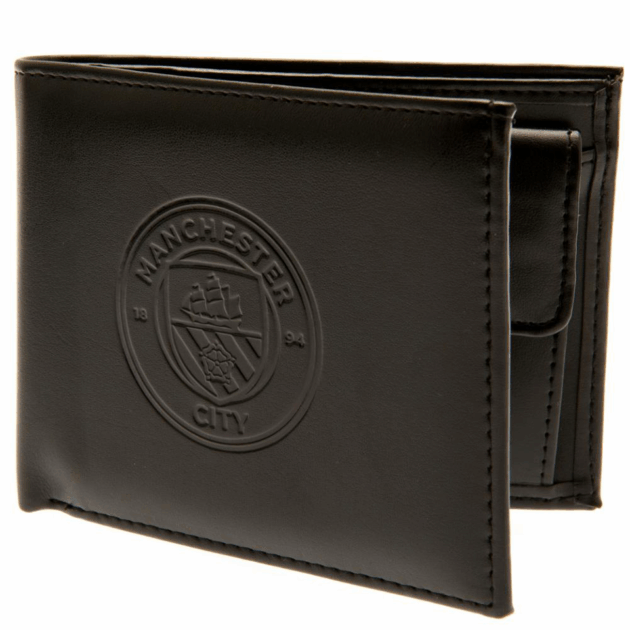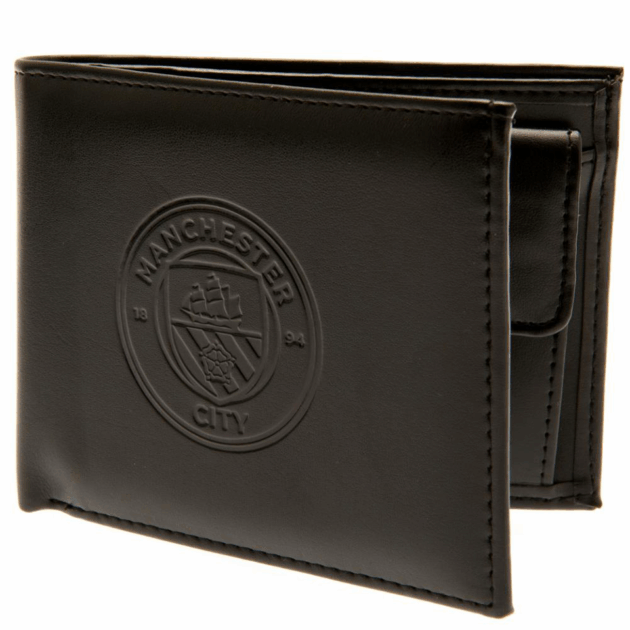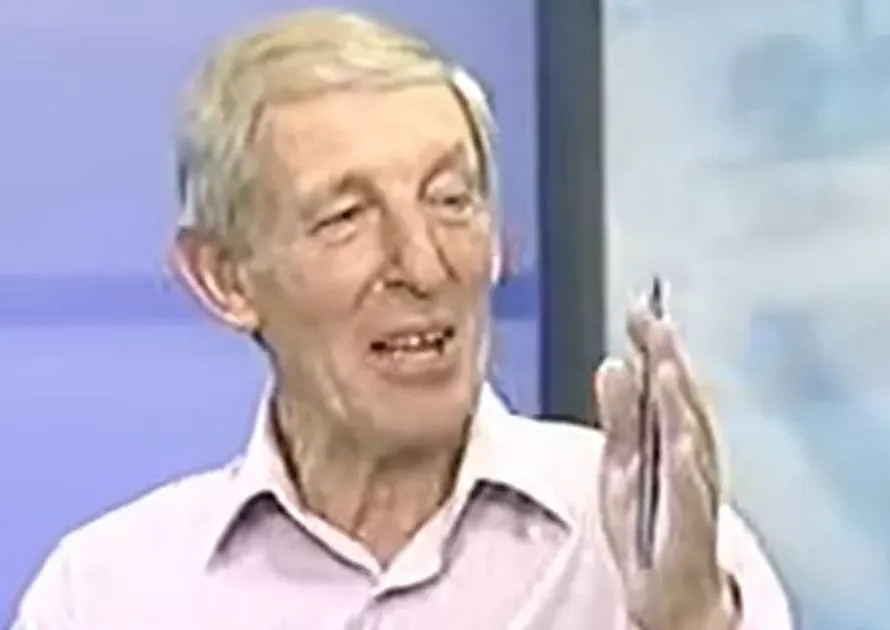Sir Alex Ferguson named legendary British football side as his ‘reference point’ at Man Utd. For many, Sir Alex Ferguson is the greatest football manager in the history of the sport. In Scotland, he made a name for himself, winning the league at St Mirren, and then repeating the feat with Aberdeen (while also lifting numerous other trophies, such as the Scottish Cup, UEFA Cup Winners’ Cup and European Super Cup).
He is best remembered, though, for his time at Manchester United. In a golden era for the Red Devils, Ferguson delivered 13 Premier League titles, five FA Cups, four League Cups and two Champions League trophies.
It is unheard of, however, to succeed in football without being inspired by famous figures of the past. And the iconic Scottish manager revealed there was one team that served as a ‘reference point’ for him to follow on his quest for glory at Old Trafford.
The Busby Babes Were An Inspiration For Ferguson “The Babes made the history of Manchester United, without question”
The team in question just so happened to be a Manchester United side of the past. Indeed, Ferguson once admitted he was heavily influenced by Matt Busby’s incredible team of the 1950s.
The Busby Babes were one of the most exciting teams on the planet at their peak, winning league titles in 1955/56 and 1956/57. With an average age of 21 and 22, respectively in those campaigns, they were tipped to conquer world football, but tragedy stopped them from ever fulfilling their true potential.
In February 1958, the Munich Air Disaster cost eight players their lives, with Roger Byrne (28), Eddie Colman (21), Mark Jones (24), Duncan Edwards (21), Liam Whelan (22), Tommy Taylor (26), David Pegg (22) and Geoff Bent all tragically killed.
Speaking to Man Utd media team about the influence Busby’s team had on him as a manager, Ferguson recalled:
“While I was manager, the Babes were always a reference point for us, in terms of having belief and trust in what young players can do and building a loyalty base from there. Not only that, the Babes made the history of Manchester United, without question.
“Ok, there had been the 1948 FA Cup and some success in the distant past, but actually the history which was made through that particular period of Matt playing those young players is really the history of Manchester United. A decade on, Matt won the European Cup while playing the same philosophy, using players who had been produced by the club, apart from Paddy Crerand and Alex Stepney. It’s incredible.”
Duncan Edwards Among The Legends To Die In Munich Air Disaster Sir Bobby Charlton felt he was better than Pele
Ferguson also recalled where he was on the day of the tragedy, noting: “On the day of the Munich Air Disaster, I was in the library studying for my exams. I used to train two or three nights a week with Queen’s Park, so after I’d finished my work I went along to the training ground, but when I arrived, people were crying. These were grown men. There was a lot of sorrow in the dressing room, so much so that they cancelled training that night.
“It was a really emotional time for anybody who was a football fan. I’m sure the whole public in Manchester felt that way, and Matt Busby carried great resonance for the people in Scotland so it was keenly felt up there too.”
Duncan Edwards was perhaps the most famous player to lose his life in the Munich Air Disaster, as he looked set to go on to become on of the greatest English footballers of all time. In fact, Sir Bobby Charlton once claimed that he was even more talented than Pele, saying: “Don’t ask me how much greater he would have become. It defies imagination.”
He then added: “Think about that. Then remember that I played not only with George [Best] and Denis [Law] but with Bobby Moore. That I played against Pele. They were truly great, but Duncan was the greatest.”
Despite so many wonderful players dying in the tragedy, the team’s influence remains an indelible part of Manchester United’s history and inspired Ferguson, perhaps the club’s greatest ever manager, to achieve great things many years later.






